At NOPEC, we have created a step-by-step resource utilizing energy-saving information from the experts at Energy Star© along with the local support of dedicated NOPEC staff to help you implement energy efficiency and renewable energy policies in your community.

Start Saving
Beginning energy-efficient initiatives in your community or organization can seem like a daunting project, but it doesn't have to be. Follow this guide to develop and implement an Energy Savings Road Map in your neighborhood!

1. Create an Energy Management Plan
Sometimes the hardest part is getting started. Here are some tips on how to structure an energy management plan for your community buildings.

2. Create a Team
Don't do it alone! You will have more success and deeper savings if you create a team to identify, discuss and implement energy efficiency solutions.
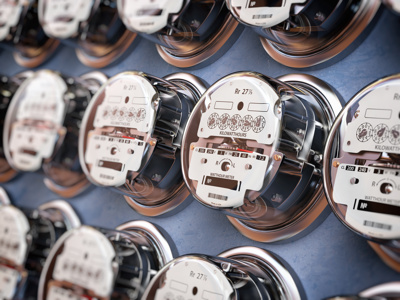
3. Know Your Starting Point
You can't save on what you can't measure. Learn how to track utility bills and energy usage to know your starting point and track changes over time.
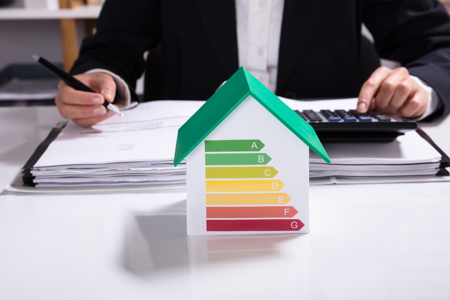
4. Commit to a Goal
Now that you know how much you use on an annual basis, set some goals to commit to energy management improvements.

5. Begin an Energy Audit
Recognize potential utility savings when you conduct an actionable energy audit.
Learn how to apply your findings into a comprehensive energy plan that can help you save on lighting, HVAC and more.
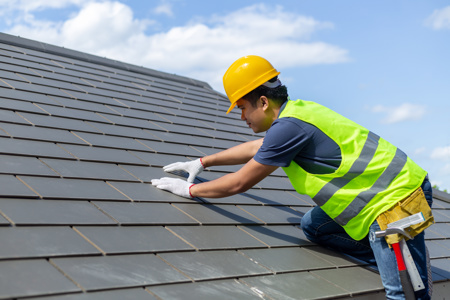
6. Fund Your Project
There are many options for financing projects, including NOPEC's energy-efficiency financing programs and your community's NOPEC Energized Community Grant.
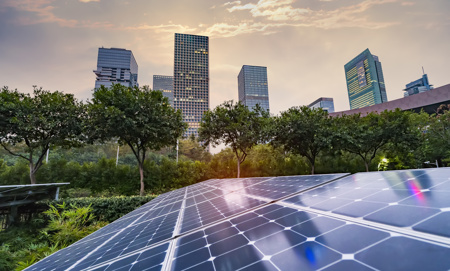
7. Get Recognized
Congratulations on all your hard work! Here are some tips on how to share your efforts and earn some recognition.
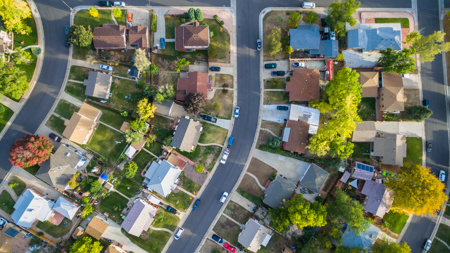
8. Next Steps
Now that you're on a roll continue to make changes to improve energy-efficiency. Monitoring progress, listening to feedback, and making improvements will lead to successful changes.
Does your city have needs beyond energy saving? Check out our Sustainability Page for additional resources about programming, economic development, and supporting sustainable communities.


